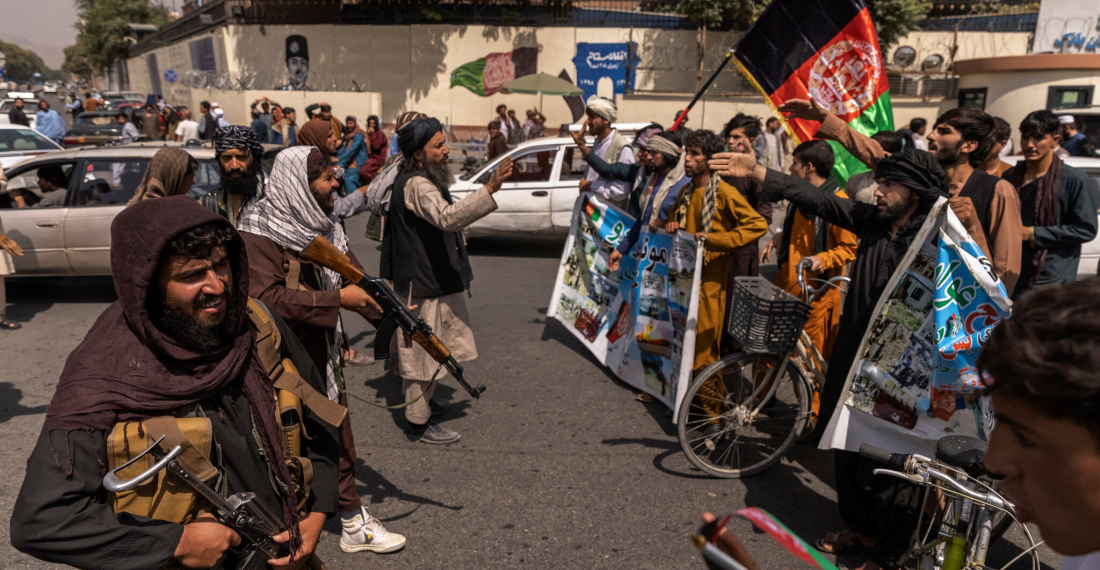A picture is slowly starting to emerge as to the current situation in Afghanistan after the Taliban swept over government forces to take control of Kabul on Sunday. Whilst most of the world media is focused on the picture at Kabul airport, where thousands await to be evacuated, the Taliban have been consolidating their control over the rest of the country. In Kabul at least a certain amount of restraint in how the Taliban are dealing with their defeated opponents can be detected. On Thursday the Taliban appeared to be dealing leniently with protestors who were defying their rule - firmly but not violently. There are plenty of reports coming out of incidents, especially outside Kabul, but the impression one gets is that the Taliban are holding back.
A hint of what is going on is contained in a story ran by the international news agency, The Associated Press (AP). The agency reported that the Taliban do not plan to make any decisions or announcements about the upcoming government until after the August 31 US withdrawal date passes.
Citing an Afghan official familiar with talks with the militant group, the news agency said Taliban lead negotiator Anas Haqqani has told his ex-government interlocutors that the insurgent movement has a deal with the US "to do nothing" until after the final withdrawal date passes.
The source did not elaborate on whether the reference to doing nothing was only in the political field.
The German broadcaster Deutche Welle said that Haqqani's statement raises concerns about what the religious movement might be planning after August 31, and whether they will keep their promise to include non-Taliban officials in the next government.
Until now the Taliban have said nothing of their plans to replace the Afghan National Defense and Security Forces, or what a replacement would look like.
On their part the Americans appear eager to keep to the 31 August deadline for their final withdrawal from Afghanistan, despite the continuing problems at Kabul airport. With thousands of American soldiers still at the airport the Taliban are trying to avoid incidents. Once they leave, it will be another matter.







